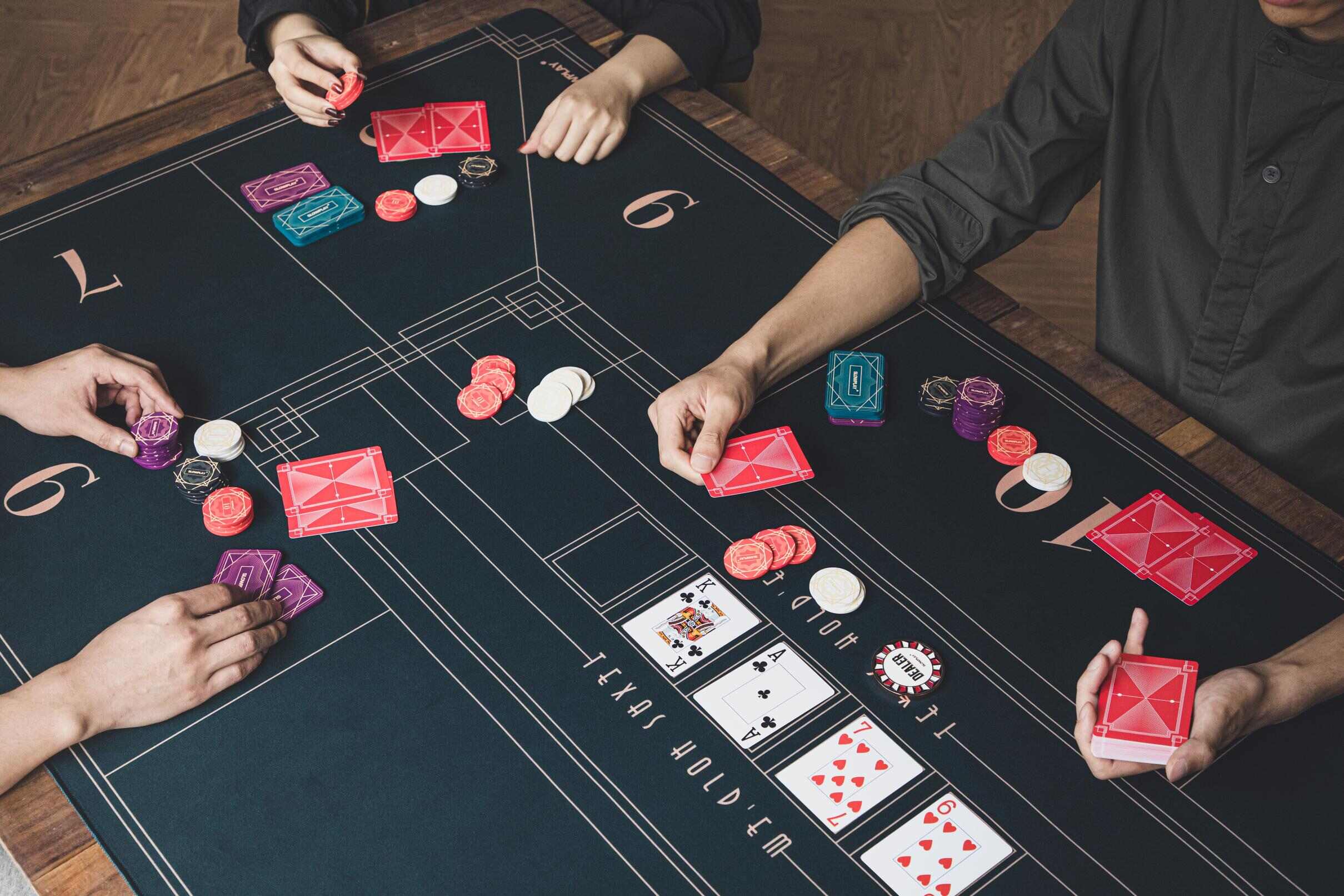
Poker is a card game where players bet on the strength of their cards and the community cards to make a winning hand. It is a game of chance, but long-term success is determined by strategic decisions made on the basis of probability, psychology, and game theory. Despite the large role of luck, poker is a skill-based game and requires considerable practice.
Before dealing the cards each player must place an initial amount into the pot called antes, blinds or bring-ins depending on the game rules. This money is then used by the players to raise or fold their hands as they play the game. While some of these bets are mandatory, the majority of them are placed voluntarily by players who believe the bet has positive expected value or are trying to bluff other players for various reasons.
Once the ante is in and everyone has their two hole cards, the dealer deals three more cards face up on the table called the flop. This starts another round of betting. Then the dealer puts one more card on the board, known as the turn, and a final card is dealt face up, known as the river.
After the final betting round is complete a showdown takes place where each player reveals their hands and the highest-ranking hand wins. Each hand must contain at least two of the players’ own cards along with three of the community cards. A pair consists of two matching cards, a three of a kind consists of 3 cards of the same rank and 2 unmatched cards, a flush consists of 5 consecutive cards of the same suit, and a full house consists of 3 matching cards of the same rank and two matching cards of different ranks.
Position is extremely important in poker because it gives you more information about your opponents and allows you to make better bluffing calls. You should always be in the late position or better because this is when you have the most bluff equity. The goal is to bet into your opponent before he or she has the chance to make a better call, which is why it’s crucial to learn how to read your opponents.
It’s also very important to play only with money that you’re willing to lose. A good rule of thumb is to only gamble with an amount that you can afford to lose 200 bets at the maximum limit. This way you can keep track of your wins and losses, which will help you decide if you should continue playing or not.